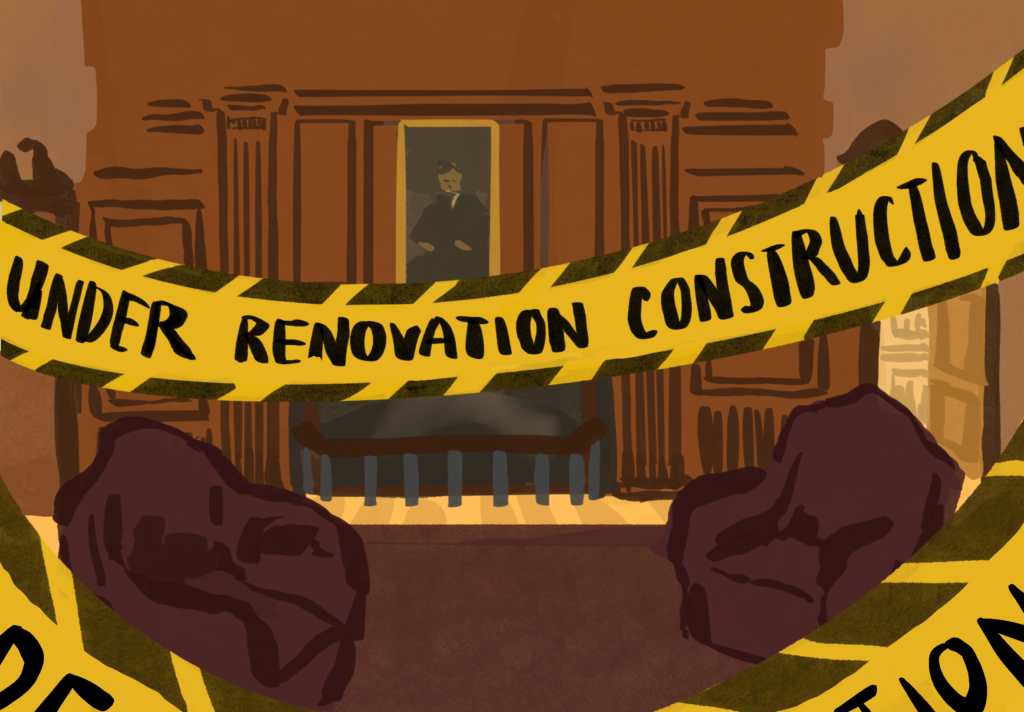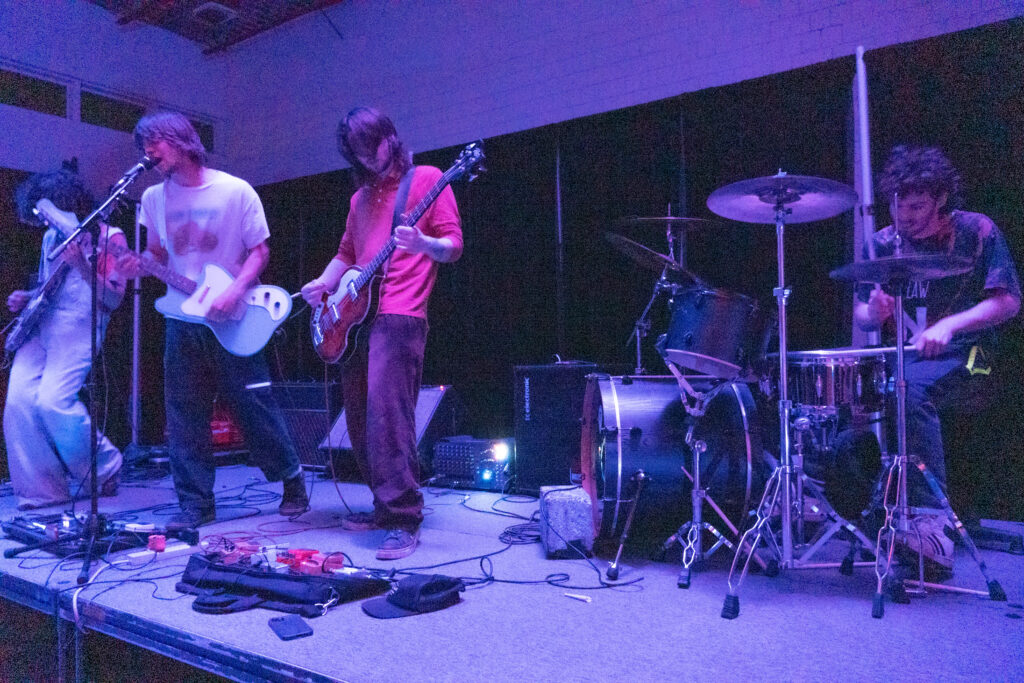As campus life returns to its pre-pandemic rhythm, clubs have begun convening in-person after meeting virtually throughout the last school year. Club leaders and members alike are appreciative of this change.
Ivie Ojior ’24, the treasurer of Love Your Locks, felt that club meetings last year were impersonal and not as engaging when held on Zoom. She enjoys in-person meetings more because conversations flow better when participants do not have to deal with the awkwardness often felt over Zoom.
Monty Singer ’22, the president of Maker Club and Do It Club, agreed. “You only really come to club meetings you are passionate about, because you can’t just log on to a Zoom room,” he said. “You definitely get more attentive, more active members when we’re in-person.”
Club life has regained its social bustle as opportunities to build connections with other club members have become easier with the shift to in-person meetings. Zora DeRham ’23, president of Choate Future Farmers of America, President of Muslim Student Association, and member of choate quiz bowl! found that instead of simply logging off at the end of a Zoom meeting, she could continue engaging with peers and continue conversations even after allotted meeting times. Sophia Pandya ’24 agreed, saying, “You really get to be engaged with them and be a part of the whole social aspect.”
However, not all students have been able to take advantage of in-person club meetings. Aria Ramnath ’24 has not been able to attend club meetings that she wished to go to because the timing clashed with rehearsals. Ramnath is part of Chamber Chorus and Wind Ensemble, both of which rehearse multiple evenings a week during times that coincide with the meeting times of many clubs.
Since club meetings, music ensemble and dance rehearsals, dinner, and sports practices are all scheduled on top of each other, many students have been left in a situation where they feel forced to choose between activities. Mr. Gene Wie, Director of Instrumental Ensembles, has been collecting data on tardiness and absences for Symphony Orchestra rehearsal. So far, 22 out of the 73 members of the ensemble have been either late or absent because of scheduling conflicts between sports and trying to squeeze in dinner. Mr. Wie plans on showing school administrators attendance data in hopes of improving scheduling conflicts, which often cause additional stress for students.
“If we’re going to be serious about this whole student mental health thing and wellness and not just be performative by claiming we do all this stuff, we’re actually going to take a hard look at how we do this schedule,” said Mr. Wie. “There needs to be a dedicated time on this schedule for clubs to meet and not force clubs to meet during dinner.”
In the meantime, students must learn to navigate the bustling pre-pandemic Choate life, filled with sports practices, music rehearsals, and in-person club meetings.



